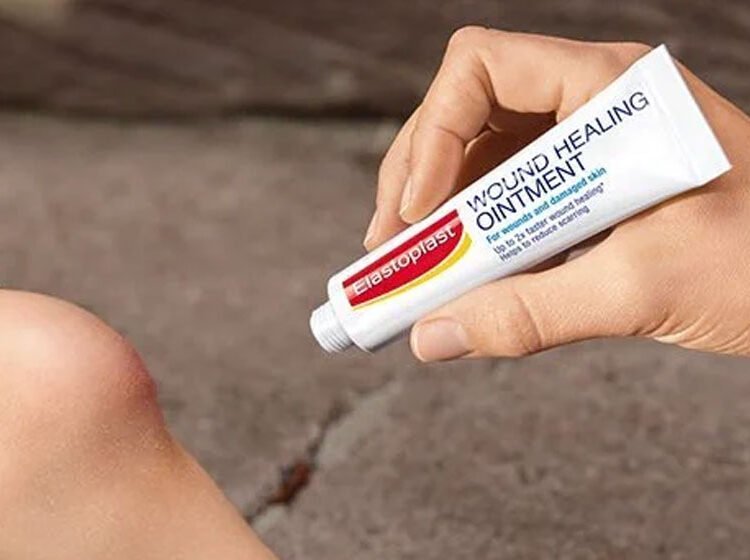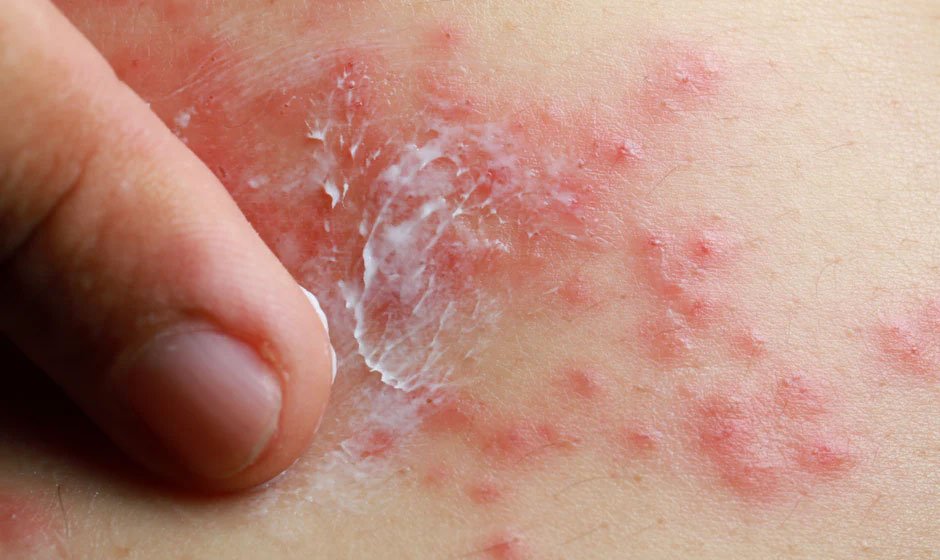Health Conditions
Featured
- Breast Cancer
- IBD
- Migraine
- Multiple Sclerosis (MS)
- Rheumatoid Arthritis
- Type 2 Diabetes
Sponsored Topics
- Acid Reflux
- ADHD
- Allergies
- Alzheimer’s & Dementia
- Bipolar Disorder
- Cancer
- Crohn’s Disease
- Chronic Pain
- Cold & Flu
- COPD
- Depression
- Fibromyalgia
- Heart Disease
- High Cholesterol
- HIV
- Hypertension
- IPF
- Osteoarthritis
- Psoriasis
- Skin Disorders and Care
- STDs
Discover
- Wellness Topics
- Nutrition
- Fitness
- Skin Care
- Sexual Health
- Women’s Health
- Mental Well-Being
- Sleep
- Product Reviews
- Vitamins & Supplements
- Sleep
- Mental Health
- Nutrition
- At-Home Testing
- CBD
Men’s Health
- Original Series
- Fresh Food Fast
- Diagnosis Diaries
- You’re Not Alone
- Present Tense
- Video Series
- Youth in Focus
- Healthy Harvest
- Through An Artist’s Eye
- Future of Health
Plan
- Health Challenges
- Mindful Eating
- Sugar Savvy
- Move Your Body
- Gut Health
- Mood Foods
- Align Your Spine
Find Care
- Primary Care
- Mental Health
- OB-GYN
- Dermatologists
- Neurologists
- Cardiologists
- Orthopedists
Lifestyle Quizzes
- Weight Management
- Am I Depressed? A Quiz for Teens
- Are You a Workaholic?
- How Well Do You Sleep?
Tools & Resources
- Health News
- Find a Diet
- Find Healthy Snacks
- Drugs A-Z
- Health A-Z
Can a Steroid Shot Treat a Sinus Infection? Unveiling the Possibilities
Benefits of Steroid Shots
Procedure
- Effectiveness
- Side effects
- Takeaway
A sinus infection, scientifically known as sinusitis, occurs when the sinuses become swollen and inflamed. This condition is often triggered by viral, bacterial, or fungal infections. The sinuses, located behind the cheeks, nose, and forehead, are air-filled cavities lined with a protective layer of mucus that traps harmful particles from the air.
When sinuses are inflamed, the natural flow of mucus can be disrupted, leading to congestion. In such cases, steroids, such as prednisone and cortisone, play a vital role in reducing inflammation and swelling. It’s crucial to note that these steroids, referred to as glucosteroids, differ from testosterone-based anabolic steroids commonly associated with muscle building.
Steroid injections, commonly used for joint and muscle pain, are less conventional for sinus issues. Most individuals opt for glucosteroids in the form of nasal sprays to address congestion caused by inflammation resulting from sinusitis or allergies. However, in cases where other treatments prove ineffective or if a sinus infection persists beyond 12 weeks, a doctor might recommend a steroid injection.
Benefits of Steroid Shots for Sinus Infections
### 1. Reduction of Inflammation and Swelling Corticosteroids, when administered for sinus infections, work to alleviate inflammation and swelling in the sinuses. This helps facilitate the natural drainage of nasal mucus into the stomach, providing relief from congestion. The reduction in sinus pressure also contributes to minimizing the pain associated with sinus infections.
### 2. Direct and Potent Administration Steroid injections offer a more direct approach compared to nasal sprays or oral steroids. By delivering steroids directly into the inflamed tissue, this method ensures a potent and targeted impact on the affected area. However, it’s essential to note that frequent and prolonged use of steroid injections can lead to health issues, making them suitable for severe or persistent sinus infections.
Procedure of Steroid Injections
To undergo a steroid injection for a sinus infection, a patient may be referred to an ear, nose, and throat specialist. The procedure involves applying a numbing agent to the nose or incorporating it into the injection to minimize pain. Subsequently, the steroid shot is administered into the sinuses through the nostrils. This is a quick, in-office procedure, and patients can typically return home shortly after.
Effectiveness and Duration
Steroid injections exhibit rapid onset and extended effectiveness. Requiring another injection is only necessary if symptoms reoccur, which may happen between 3 to 12 months after the initial injection. However, many individuals find that a single injection suffices, eliminating the need for further doses.Alongside steroid shots for sinus infections, considering treatments like CJC 1295 Ipamorelin could be beneficial. These peptides, known for boosting growth hormone secretion, may complement traditional therapies by supporting tissue repair and immune function. However, professional guidance is crucial to ensure their safe and effective use
Side Effects of Steroid Shots
While steroid shots for sinus infections are generally well-tolerated, there are potential temporary side effects. Some individuals may experience pain around the injection site for a day or two, which should gradually subside. Persistent or severe pain should be reported to a doctor.
Additional side effects may include:
- Facial flushing
- Trouble sleeping
- High blood sugar
- Infection at the injection site
Long-term and frequent use of steroid shots can lead to more serious, permanent effects, such as damage to nearby cartilage or bone. Consequently, healthcare professionals typically recommend limiting the number of injections to three or four per year for any condition.
Conclusion: Navigating Steroid Shots for Sinus Infections
While steroid shots are not the primary choice for treating sinus infections, they might be recommended by a doctor if other interventions prove ineffective. If symptoms persist after 12 weeks or do not respond to antibiotics or nasal sprays, a steroid shot could provide relief. Despite offering a more potent dose of corticosteroids, this method may entail additional side effects. As with any medical intervention, consulting with a healthcare professional is crucial to determine the most suitable course of action.






